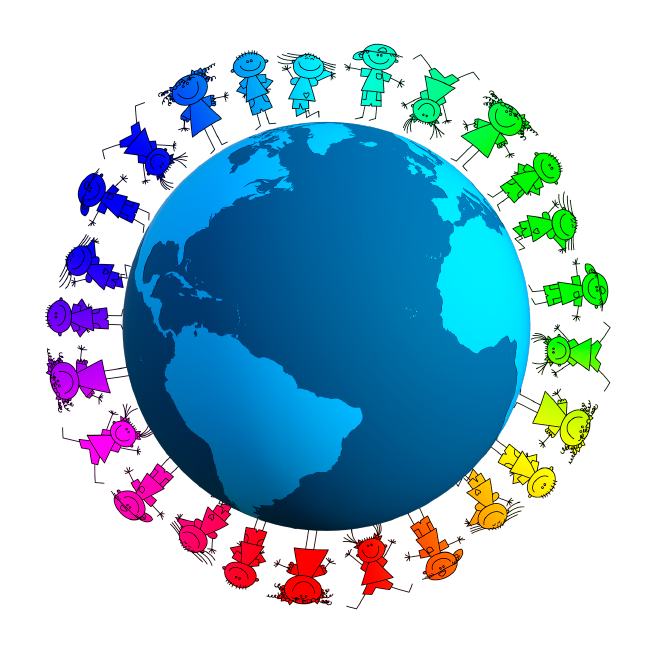ALIISA–project: Shared Perspectives
A brief summary of the project
The Erasmus+ research and education project ALIISA (All In - International Inclusive Society in Arts) aims to bring together international expertise in the field of inclusive arts education, disseminate it into the practical field, and provide an inter- and transdisciplinary training opportunity for students of inclusive arts education disciplines as well as related fields.
Phase 1: International continuing art education model
 The international expert group is composed of representatives of art, dance and music pedagogy, who have jointly developed an international continuing art education program, aimed at students and trainees from various art education and general education disciplines. The LTT-week program designed in the first phase of the project (2021/22) consists of lectures, workshops and discussions and invites and promotes participation and collaboration as well as dialogue with experts from the inclusive dance, art and music scene. Students and trainees already working in the field of inclusive arts education or interested in learning more about the field were invited to participate in the national discourse on inclusive education, share their perspectives and experiences, and learn from the experiences of others.
The international expert group is composed of representatives of art, dance and music pedagogy, who have jointly developed an international continuing art education program, aimed at students and trainees from various art education and general education disciplines. The LTT-week program designed in the first phase of the project (2021/22) consists of lectures, workshops and discussions and invites and promotes participation and collaboration as well as dialogue with experts from the inclusive dance, art and music scene. Students and trainees already working in the field of inclusive arts education or interested in learning more about the field were invited to participate in the national discourse on inclusive education, share their perspectives and experiences, and learn from the experiences of others.
The LTT weeks, which were developed in international cooperation between higher and general education institutions, took place in three mainly similar national editions in each country. Existing expertise from the field has been incorporated into the workshop weeks by involving experts from the field. The workshop weeks were evaluated qualitatively in terms of participants' expectations, attitudes and experiences (Strakšienė, Musneckienė, forthcoming).
Phase 2: Practical Training
The workshops were followed by an internship phase of several months in practical fields of inclusive art education, which, according to the individual professional orientation of the participants, aimed to strengthen and promote professional experience and the implementation of theoretical knowledge in practice. Students were able to choose their own field of practice, resulting in a wide spread of practical field experiences.
The international continuing education program in the inclusive music, art and dance scene is therefore understood as opening new ways and international perspectives for successful art educational initiatives.
It provides students with an extended insight into art education practice on a theoretical and practical level and offers opportunities for national and international exchange and collaboration. The heterogeneous perspective of different professional groups and actors on inclusive art education allows for an inter- and transdisciplinary examination of their own professional field and thus also enables reflection on and perspectives on inclusive attitudes and practices.
Following the workshop and internship phase of the project, the LTT-model developed will be disseminated so as to serve as a good practice example in higher education.
The student’s perspective
From the viewpoint of a student assistant at mdw in the project, who’s been enabled to be part of the project organization within the ALIISA project, the project specifically opens up an interdisciplinary and practice-based approach to inclusive art education for students and trainees, which through its international richness of facets enables a stimulating and creative engagement within the field of inclusive art education.
Participants can thus acquire in-depth knowledge and skills for application in their professional field and initiate a longer-term exchange with fellow students from the inclusive professional field that builds on the rich and intensive team-building collaboration during the workshop weeks.
The experience gained and international, interdisciplinary perspectives can contribute to professionalization and thus supporting students with a reflective background and practical experiential knowledge in their future professional lives.
The project also aims to expand and continue international cooperation in the field of inclusion in the arts, which is a great opportunity for the development of the field and the cooperation of higher education institutes as well as cooperation partners in the field of inclusive art education.
Author:
Kathrin Fabian, ACIAE student and mdw student assistant in the Aliisa project

